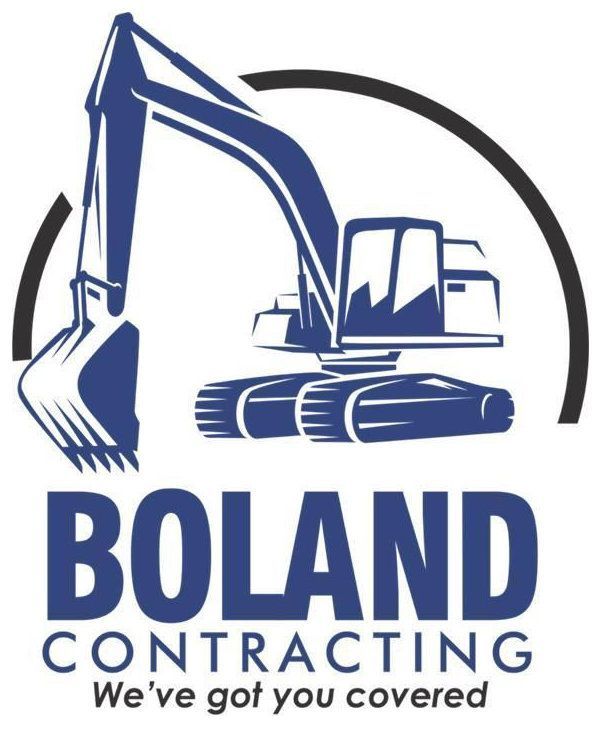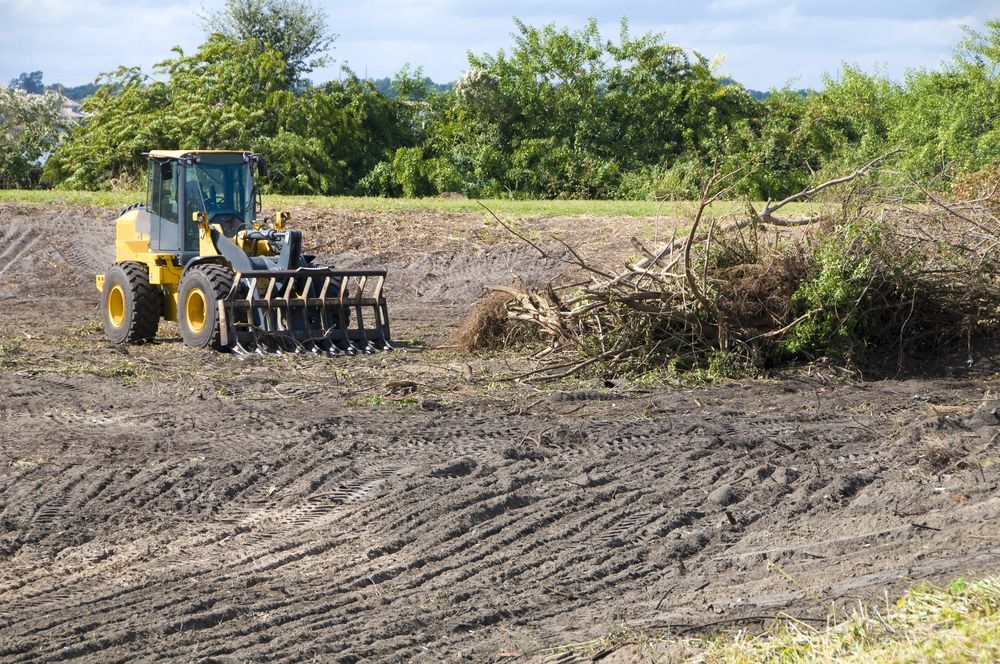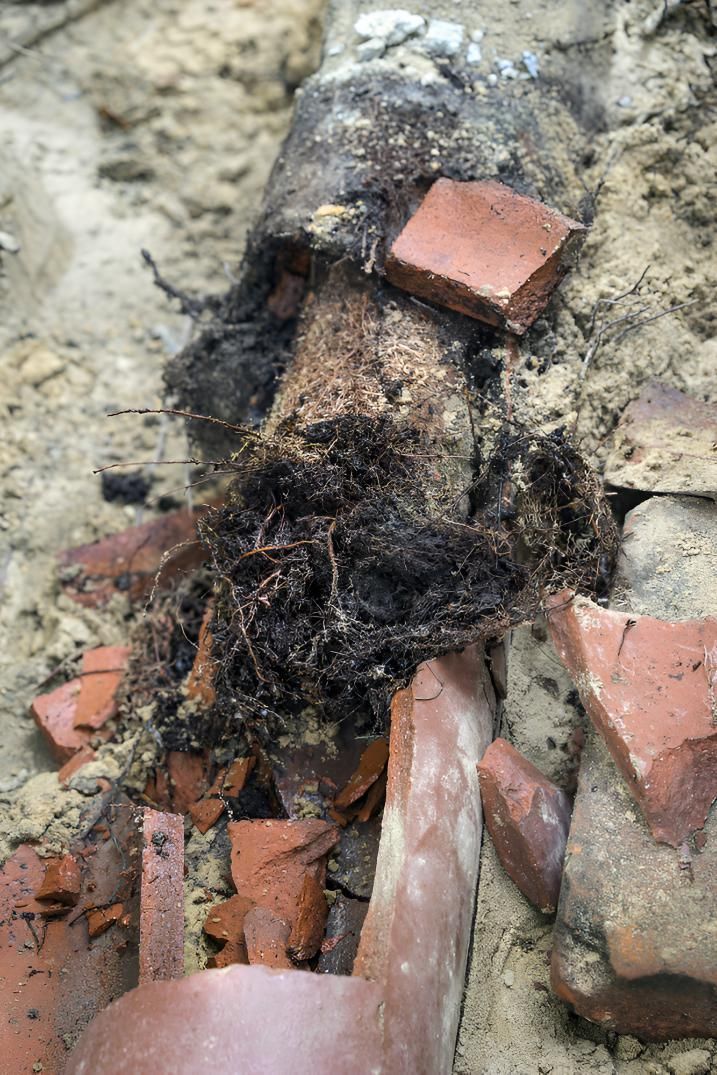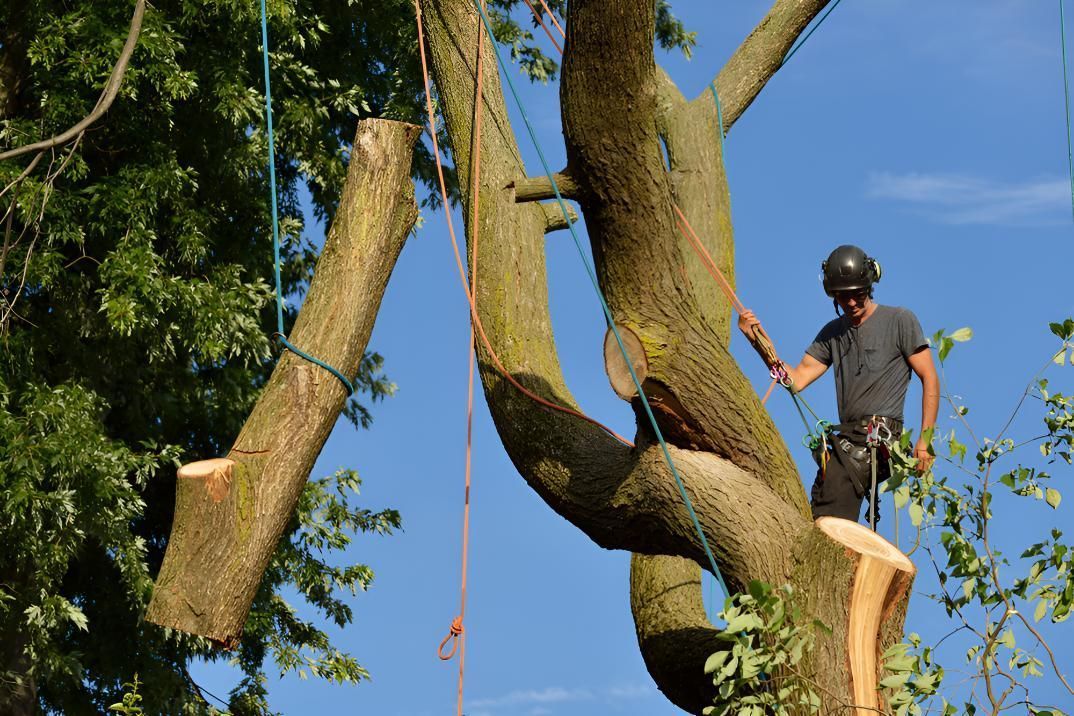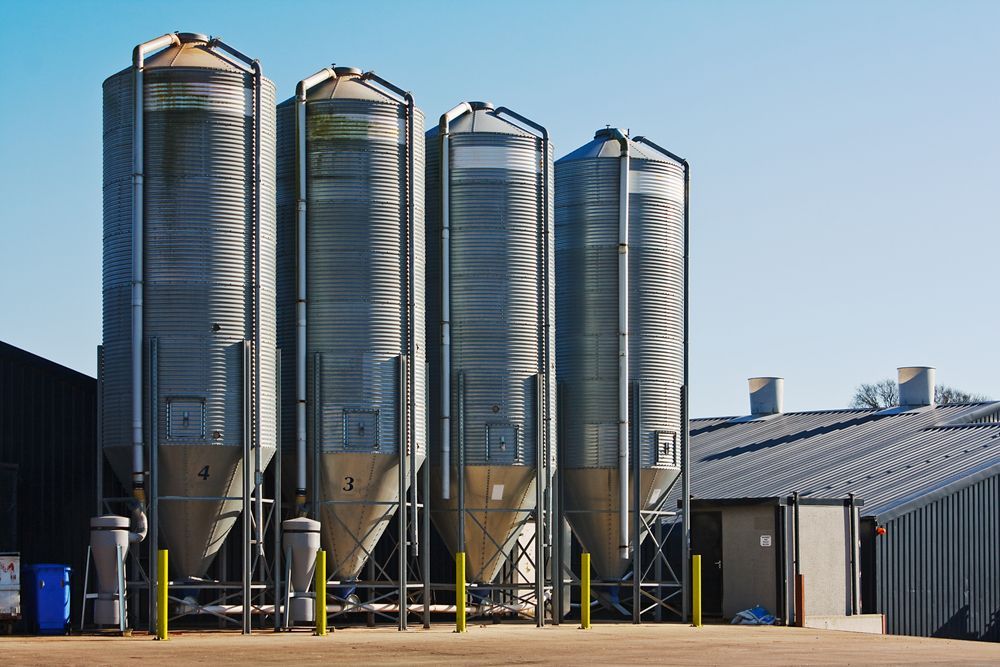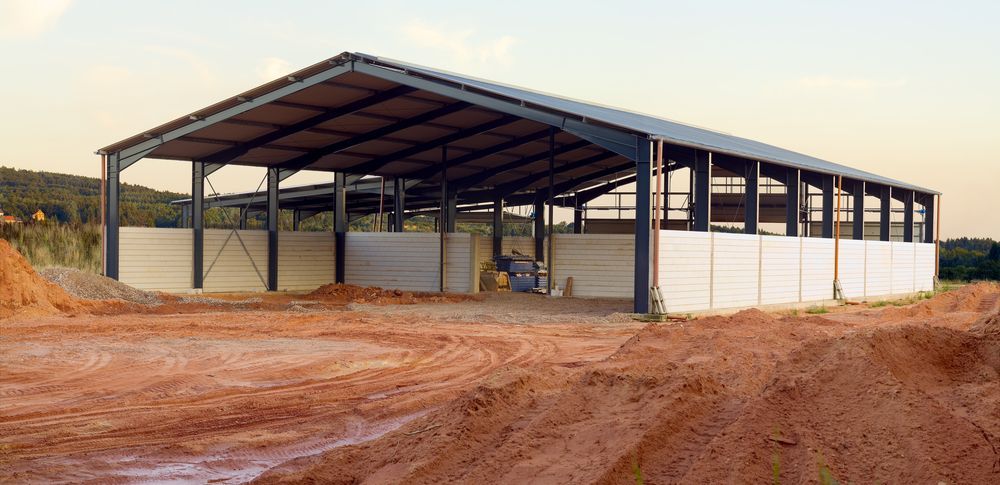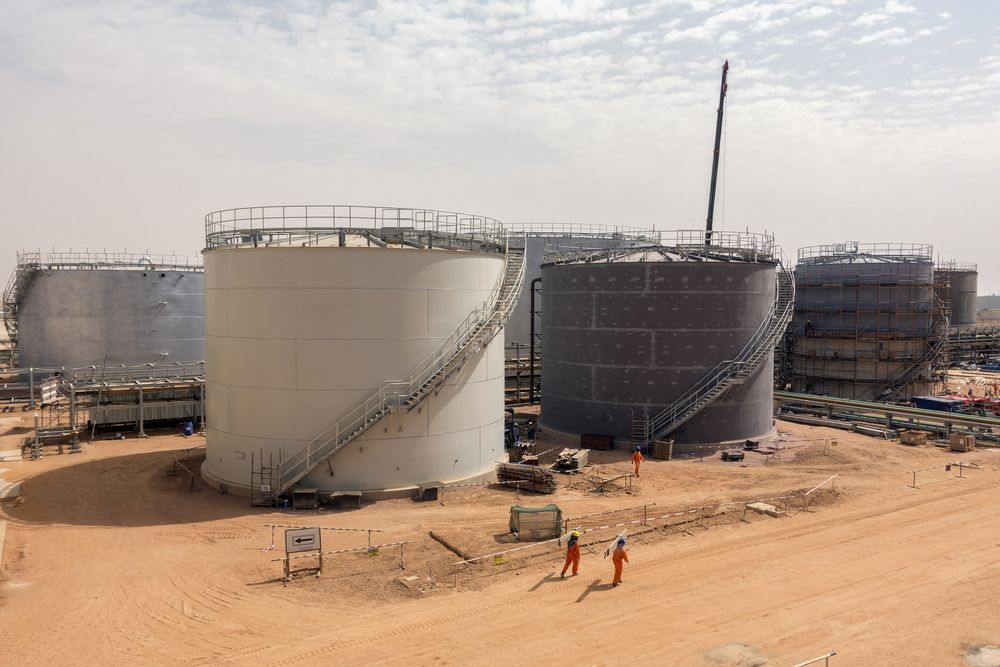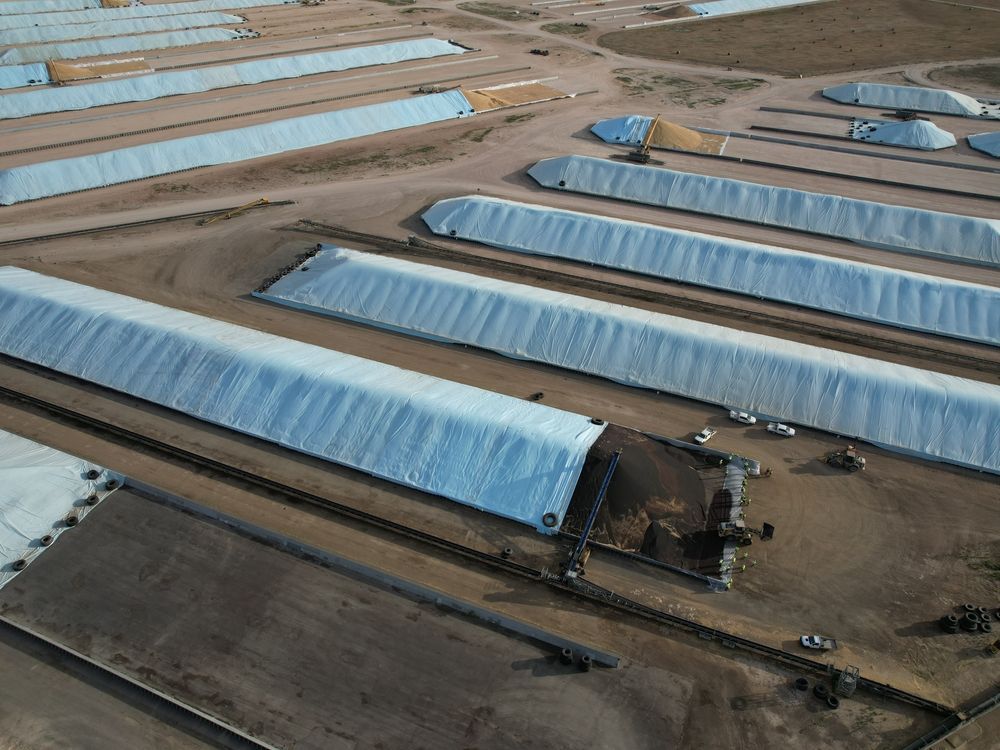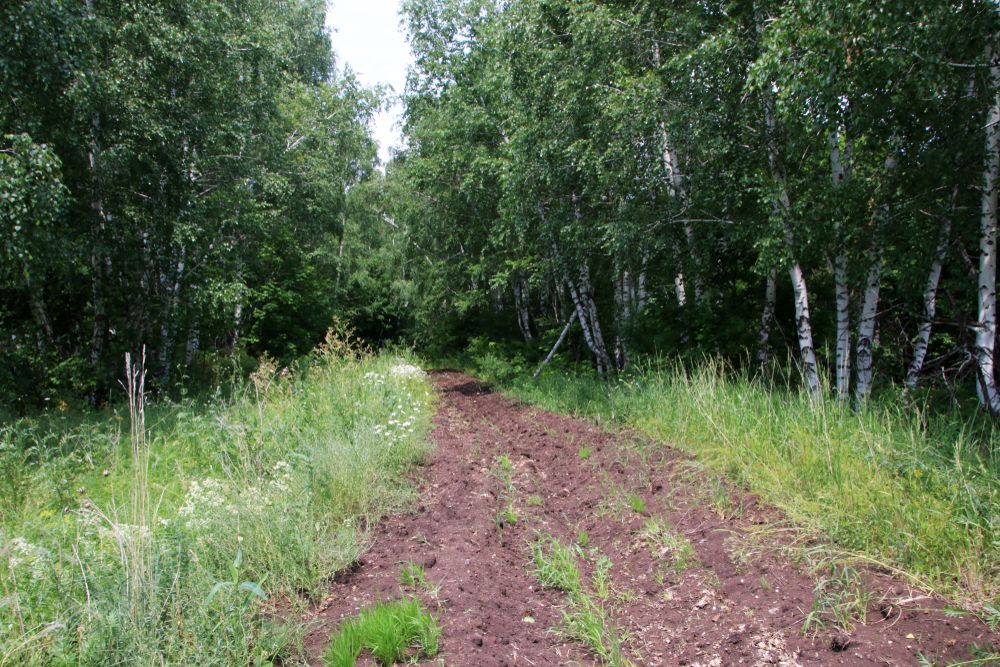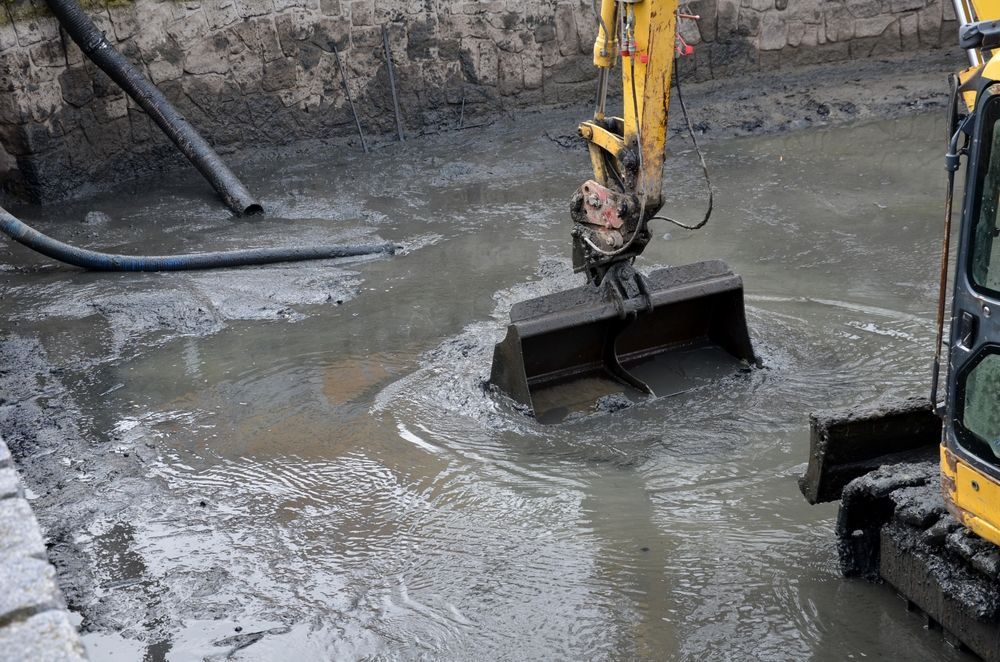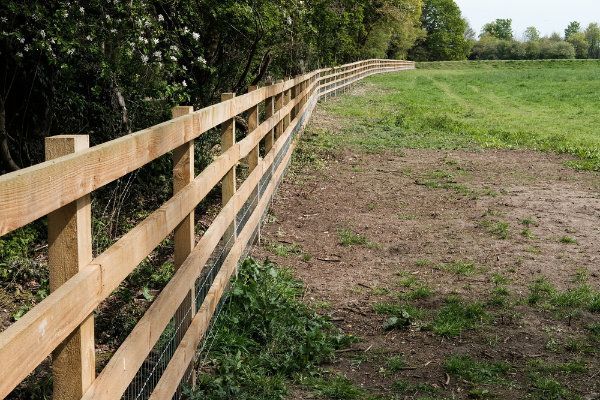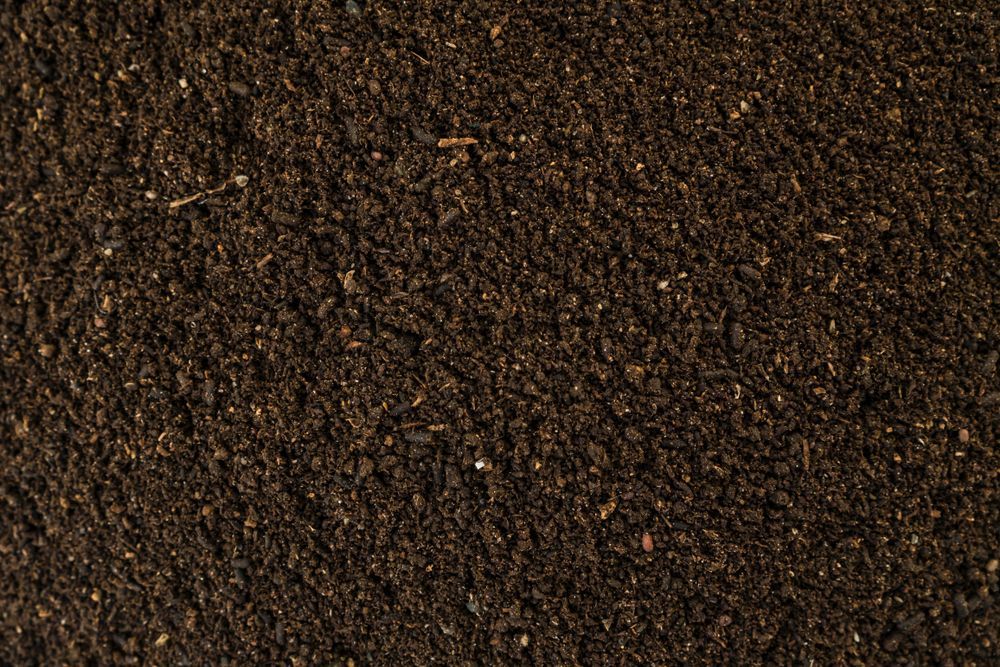Slashing Services Wellington
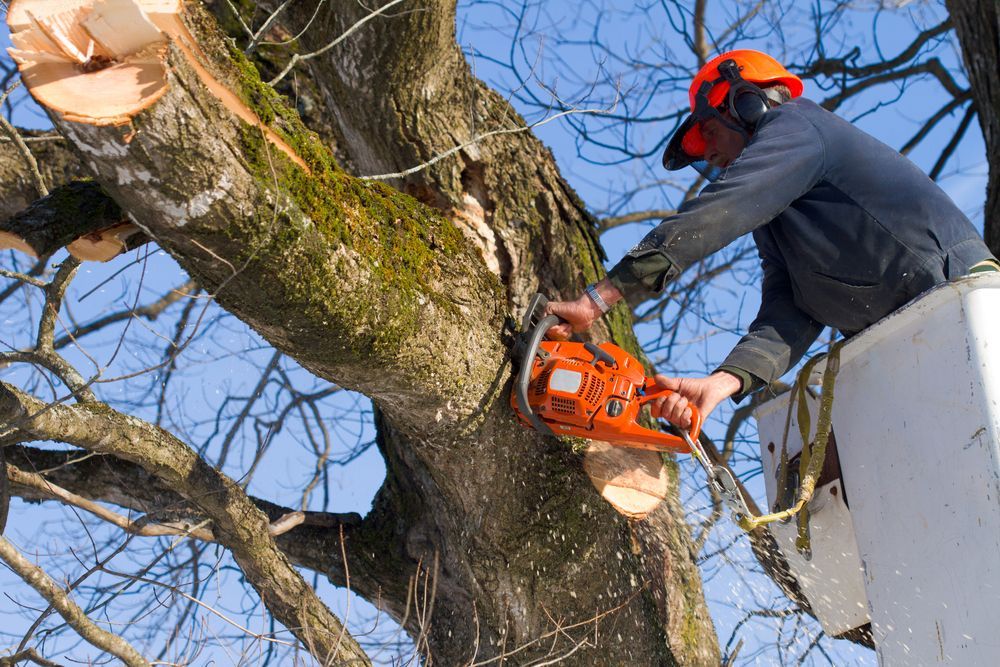
Not Sure When to Slash?
We offer prompt contract slashing services in Wellington and throughout Dubbo, Orange, Mudgee, Parkes, Cobar and Bourke.
From small backyards to hundreds of acres, unmanaged vegetation can quickly become a problem on any property—blocking access, reducing usable space, creating fire hazards, and impacting productivity. Contract slashing provides an efficient way to manage large areas of growth, keeping land safe, functional and well-maintained.
Here at Boland Contracting, we’ve outlined some reasons why it might be time to call our team to discuss professional slashing services for your property.
Safe & Efficient Slashing
Professional service with safety prioritised.
Comprehensive Block Management
From backyard maintenance to large-scale acreage.
Modern Machinery
15ft and 7ft slashers available for roadside slashing, pasture topping and fire hazard reduction.
Signs You Need Slashing
Thick, uncontrolled growth on your property can cause a range of issues if left unmanaged.
Overgrown areas not only reduce accessibility but also attract pests and increase the risk of fire. Large sections of dense vegetation can also impact neighbouring properties if not dealt with properly.
Some common signs you may need contract slashing include:
Vegetation spreading quickly across paddocks or yards
Restricted access to driveways, sheds, or fencing
Weed growth taking over and restricting land use
Increased fire hazards from dense or dry vegetation
If you notice these issues, call our team today on 0427 452 453 for professional contract slashing.
Frequently Asked Questions
What is contract slashing?
Contract slashing involves using specialised slashers to cut back and manage overgrown vegetation. It’s ideal for maintaining paddocks, blocks, roadsides, and large properties to reduce fire hazards, improve access, and keep land usable.
How often should I get my block slashed?
The frequency depends on your property size, type of vegetation, and season. Many clients arrange seasonal slashing (before summer for fire reduction, and after rain to control regrowth), while larger properties may need more regular maintenance.
What are the benefits of regular slashing?
Regular slashing reduces fire hazards, keeps weeds under control, improves accessibility, and helps maintain pasture health by preventing overgrowth from taking over.
What’s the difference between slashing and mowing?
Mowing is typically for short grass on lawns, while slashing uses heavier equipment designed to cut down tall grass, weeds, and dense vegetation over large areas of land.
Overgrown vegetation can damage fencing, reduce land usability, and create hazards.
Uncontrolled growth can also increase the risk of injury by blocking pathways, restricting access, or creating fire hazards. For rural properties, unmanaged vegetation may reduce grazing capacity and make paddocks harder to maintain.
Reclaim Your Outdoor Space
Contract slashing is an effective way to open up space, reduce hazards, and prepare areas for new projects. Whether you’re adding fencing, building a shed, or maintaining large paddocks, slashing helps you start with a clean, manageable block.
Contact us today to discuss your contract slashing needs.
We know how important proper land care is, which is why we take our job seriously. Slashing can be dangerous without the right machinery, but our team at Boland Contracting has the equipment and experience to handle the job safely and efficiently.
We provide prompt contract slashing throughout Wellington, Dubbo, and surrounding regions. Alongside slashing, we also offer vegetation management services, including roadside clearing, pasture topping, fire hazard reduction, and block maintenance.
If you’re managing a large property or development site, our team delivers fast and effective slashing services for jobs of any scale.
Don’t let vegetation growth get out of hand — hire Boland Contracting on 0427 452 453 for reliable contract slashing services.
Our outdoor maintenance team is experienced in all areas of vegetation control, including mowing, chipping, and weed management.
Boland Contracting provides efficient, cost-effective slashing that’s careful on your land.
This service is ideal for rural and residential customers preparing blocks for farming, fencing, development, or landscaping projects.
Call Boland Contracting today on 0427 452 453 to learn more about our contract slashing services across Wellington, Dubbo, and beyond—or to book an affordable service.
Farm Infrastructure Silo
Silos are the backbone of grain storage, and a well-prepared base ensures they stay safe and serviceable for decades. A properly designed silo site supports the weight of tonnes of stored product, withstands regular vehicle traffic and keeps grain protected from water damage. Good layout and access also make harvest smoother, with space for augers, trucks and loaders to operate safely. For any farming operation, a reliable silo base is an investment in efficiency and product quality.
Sheds
Farm sheds serve as workshops, machinery storage, hay shelters and all-weather workspaces. Their usefulness depends on having a foundation that keeps equipment dry, level and secure. A strong pad resists settlement, while drainage ensures water runs off instead of pooling around the structure. With the right site preparation, sheds become more than storage—they’re central to keeping operations moving, protecting valuable assets and creating dependable working areas on rural properties of every size.
Silo Pads
Dedicated silo pads provide a stable foundation tailored to heavy vertical loads. Unlike general shed pads, they’re designed to prevent sinking and tilting that could compromise storage safety. A good silo pad layout also considers truck access, auger positioning and water runoff, creating a site that’s practical in harvest season and durable year-round. For growers, the right silo pad supports efficiency, improves grain handling safety and ensures compliance with storage and equipment requirements.
Bunkers
Grain bunkers are essential for large-scale storage during bumper harvests. A well-prepared bunker site offers high capacity while protecting grain from water and contamination. Careful design ensures drainage moves runoff away from the storage area, while access routes allow safe loading and unloading. With suitable ground preparation, bunkers become a cost-effective alternative to permanent silos, giving farmers flexible storage that adapts to changing seasonal demands and keeps harvest operations efficient.
Fire Breaks
Fire breaks are a vital part of farm safety, reducing fuel loads and creating access for firefighting vehicles. Positioned strategically, they slow the spread of fire and provide clear lines around paddocks, infrastructure and boundaries. Well-maintained breaks also double as access tracks, improving movement across a property. In a region prone to dry conditions and seasonal fire risk, investing in reliable fire breaks is essential for protecting crops, livestock, buildings and, most importantly, lives.
Dam Desilting
Over time, silt builds up in dams, reducing capacity and water quality. Desilting restores lost depth, improves storage and supports cleaner supply for stock, irrigation or firefighting. It also helps maintain stable banks and reduces vegetation that can choke inflows. For landholders, regular desilting ensures dams remain a dependable resource year-round, improving drought resilience and reducing the risk of overflow or structural damage during heavy rainfall events.
Fencing & Access Roads
Strong fencing and reliable access roads form the backbone of a working farm. Fences protect stock, define paddocks and secure property, while access roads ensure vehicles can reach sheds, paddocks and silos in all weather. Good road design reduces washouts, keeps maintenance low and ensures emergency access when it’s needed most. Together, these assets improve daily efficiency and safeguard productivity, supporting everything from stock management to seasonal harvest operations.
Topsoil Available
Topsoil is the finishing touch for many rural projects, from levelling new shed sites to improving paddocks. High-quality topsoil boosts pasture growth, aids in erosion control and enhances soil structure for cropping or grazing. It can also be used to rehabilitate disturbed ground after construction or desilting works. By restoring fertility and supporting healthier growth, topsoil offers landholders a simple but effective way to increase productivity and finish projects with a professional result.
